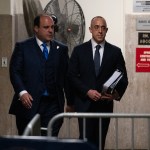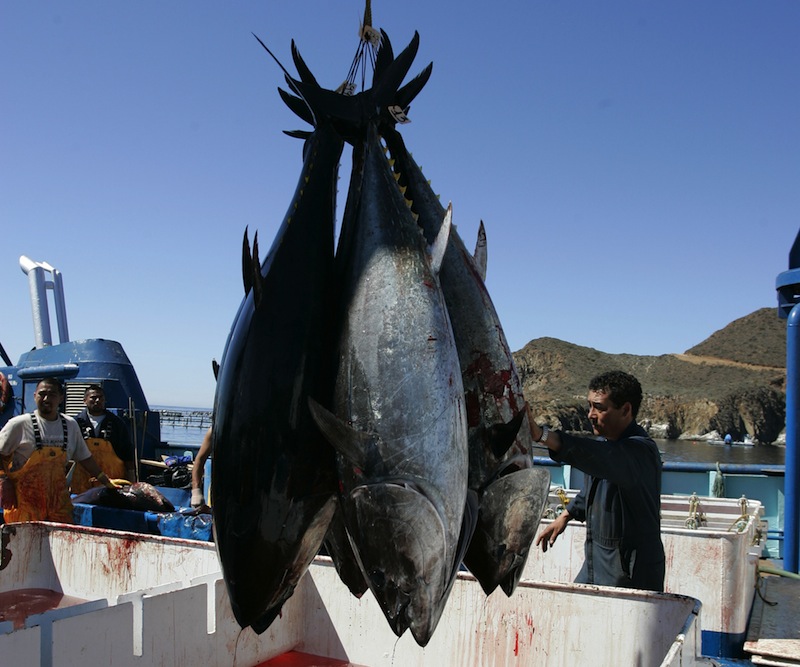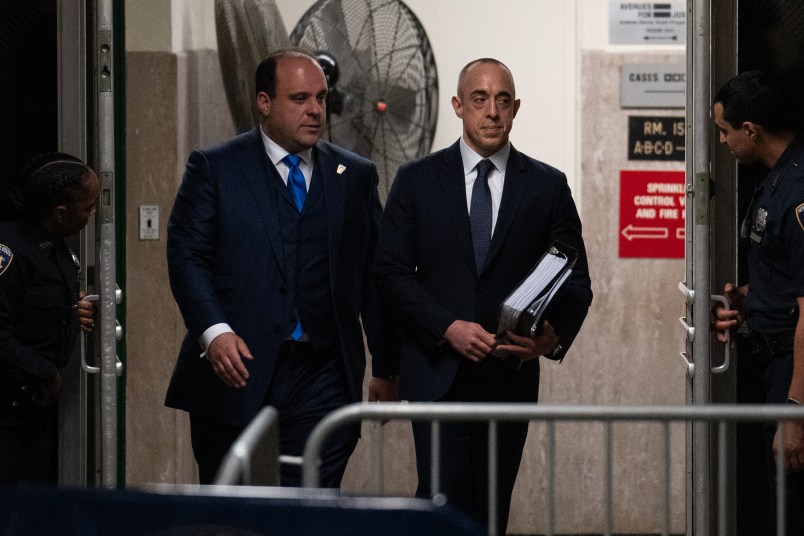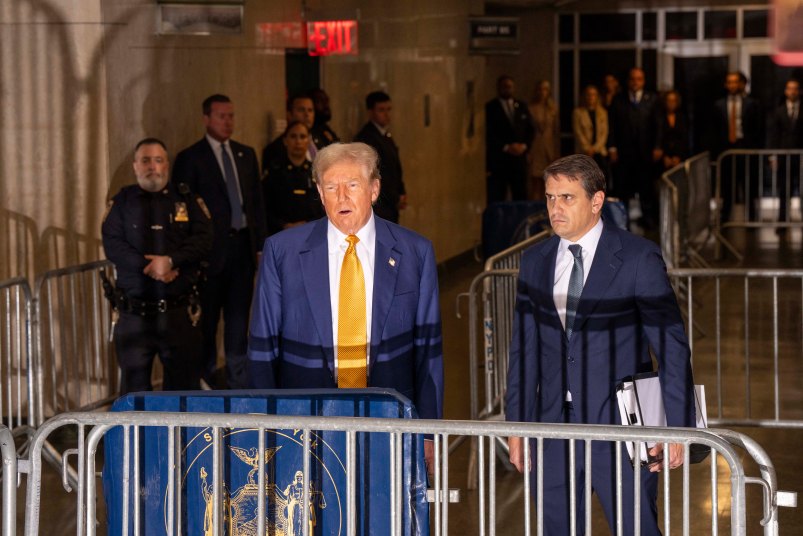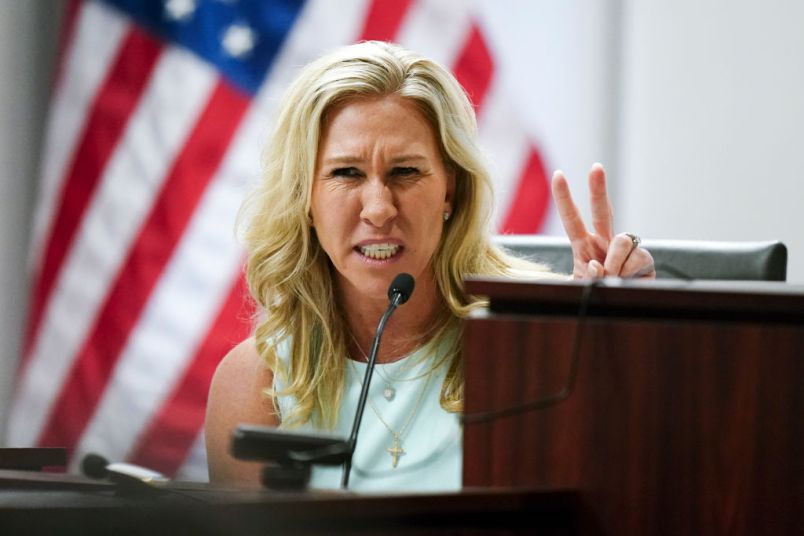TOKYO (AP) — In their first meeting since Japan created a new, more independent nuclear agency 13 months ago, the top regulator urged the head of the utility that runs the crippled Fukushima power plant on Monday to take “drastic steps” to mitigate a spate of mishaps at the complex.
Nuclear Regulation Authority Chairman Shunichi Tanaka summoned Tokyo Electric Power Co. President Naomi Hirose to his office to express concerns about growing problems at the plant, including human errors that have led to a series of leaks of contaminated water used to cool the damaged reactors.
Human mistakes are mostly to blame for the recent mishaps, as workers deal with a string of crises. Tanaka said earlier this month the repeated “silly mistakes” are a sign of declining morale and sense of responsibility.
TEPCO acknowledged a systemic problem in a recent report, saying workers under tight deadlines tend to cut corners, making mistakes more likely, and at times don’t fully understand their assignments or procedures.
Hirose acknowledged that TEPCO is having trouble finding a stable pool of workers at the plant, but promised to send more staff from other sites to Fukushima, where three reactors melted after a March 2011 earthquake and tsunami. TEPCO has acknowledged that more than 700 employees have left the company in the last year alone.
Later Monday, TEPCO Vice President Zengo Aizawa said the company sees no problem in obtaining enough workers over the next two to three years, but that uncertainty remains over the long-term decommissioning process.
“We are not sure about our long-term staffing situation during the upcoming process of debris removal, which requires different skills,” Aizawa told a news conference. Asked if the company may have to consider hiring foreign workers, he said TEPCO is open to that idea even though it’s not an immediate option.
It was the first time that Tanaka has met with a utility president, in part because of his attempt to counter criticism that the previous nuclear regulator, which was under the wing of the trade and industry ministry, was too close to the utility sector.
Such criticism contributed to the creation last year of a separate, independent nuclear regulator that Tanaka now heads.
Agency officials said the meeting indicated Tanaka’s grave concerns. Tanaka and other commissioners have said they plan to step forward to provide more proactive instructions in the future.
Tanaka told Hirose that resolving the problems requires “drastic steps” with a long-term vision, not procedural changes as TEPCO has suggested, Katsuhiko Ikeda, administrative head of the agency, told reporters after the talks, which he attended. The meeting was closed except for few minutes at the beginning.
Masashi Goto, a nuclear reactor engineer and lecturer at Meiji University, was skeptical about how effective the meeting would be.
“What matters is what they really talked about,” he said. “To me it seems the regulatory side was just trying to smooth things out and make it look like the situation should start improving.”
Tanaka also urged the plant to do more to reduce radioactivity at the site to allow workers to work without full-face masks, which reduce communication and contribute to hard working conditions. He said the company also needs to put enough funds into essential projects.
Hirose acknowledged that TEPCO has been cutting costs and that the precarious state of the plant has contributed to the deterioration of the plant’s operations.
Copyright 2013 The Associated Press. All rights reserved. This material may not be published, broadcast, rewritten or redistributed.


